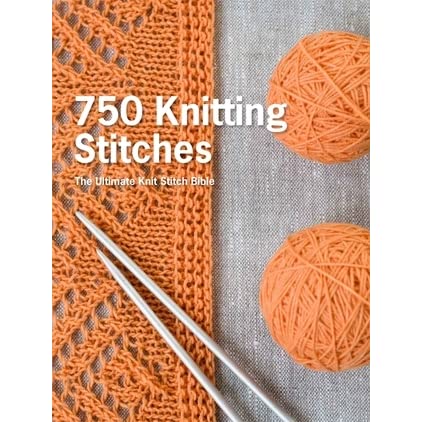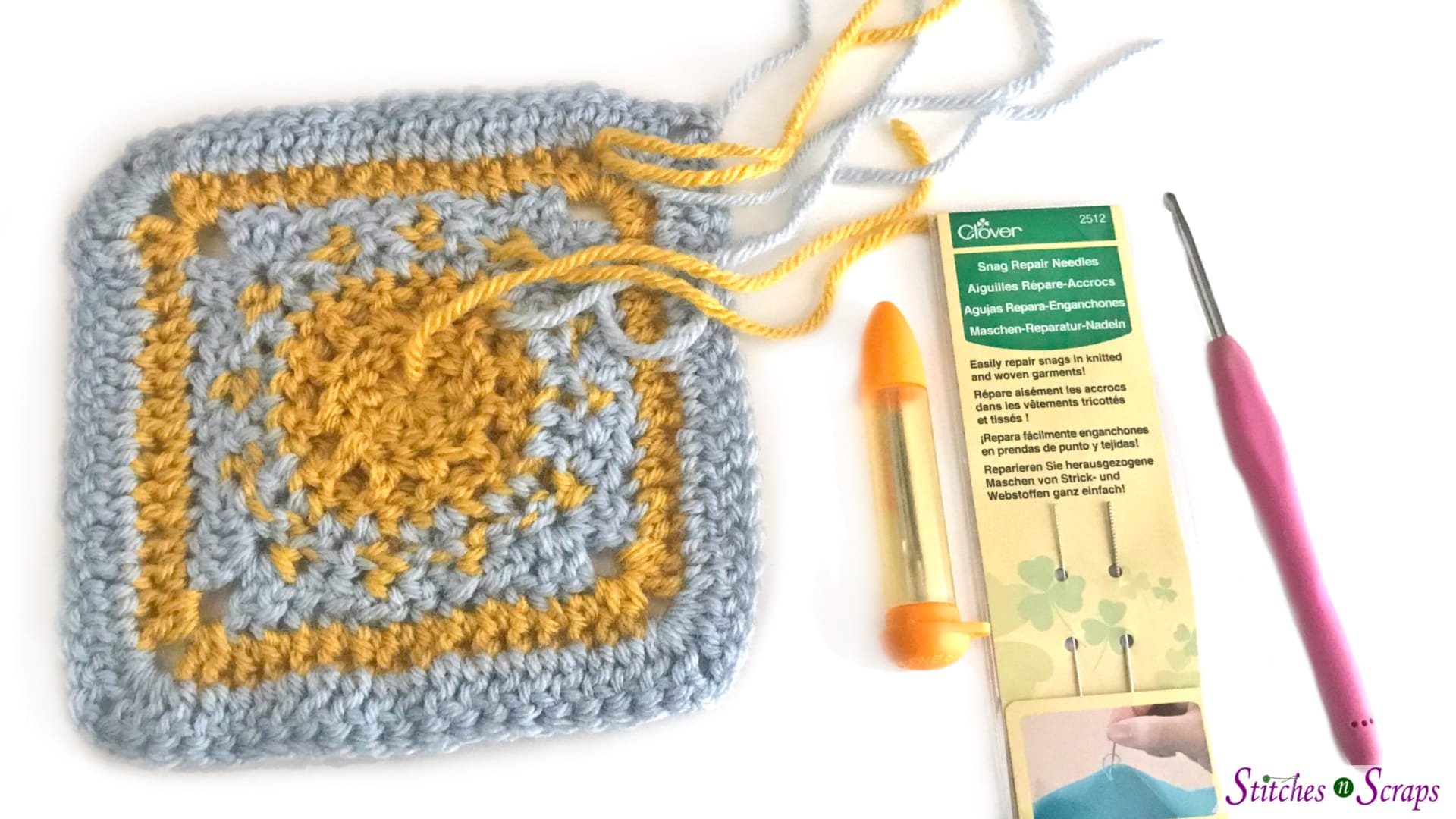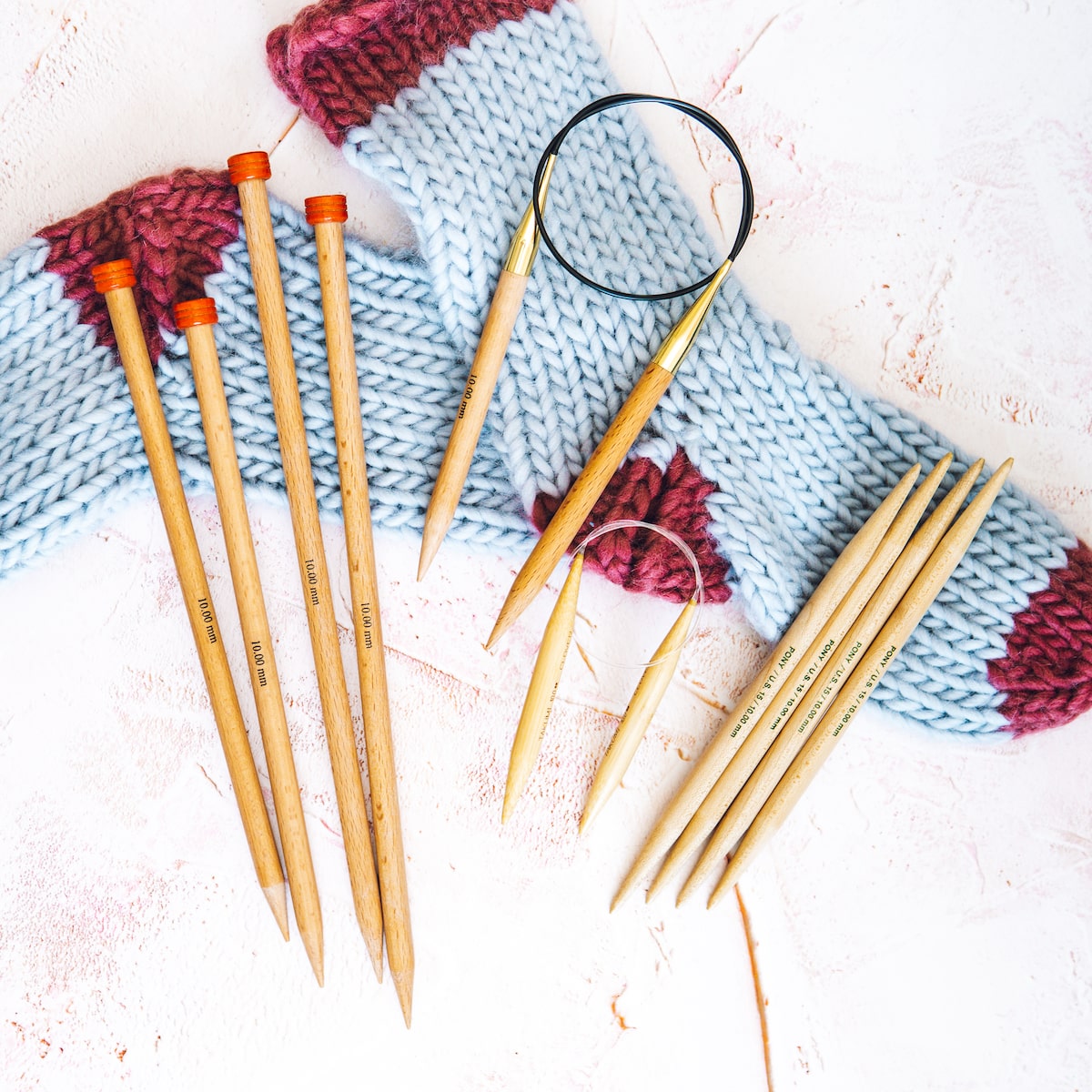
The butterfly stitch can be used in many ways. You can make this stitch wider or taller by changing the number of stitches in a row. You can also alter the number or size of the stitches in a row to make the butterflies smaller or larger. Always remember to adjust the size of the butterfly by changing the number or oddness of the rows.
Pattern
This stitch pattern is reminiscent of a butterfly. It catches five strands at the bottom and then pulls them up to the top. The stitch loop is then knitted and pulled over and under the five remaining strands. The butterfly design looks the best when the stitch colors are either solid or multicolored. This stitch pattern can be used to make a quilt with a unique look.
Continue row 1 through 6, and row 80 after the first row. End result: a loop approximately 2 inches long Next, fold the loop over and sew it onto the washcloth. The butterfly stitch will be fluffy when you are done.
Care instructions
A butterfly stitch is used often to close cuts on the body. You must be careful when caring for this type stitch. Clean hands are essential for proper care. After cleaning the area, it is important to keep the wound as dry as possible. If your wound is bleeding or becoming sore, you should contact an A&E department.

The butterfly stitch works best when applied to clean, dry skin. The stitch works by holding cut edges together much like your fingers. When placing the stitch, make sure that you place the stitches lengthwise, but space them about 1/8 inch apart. To prevent the stitches from slipping and keep them in their place, you can cover them with additional bandages.
Recommendations
Before you buy a butterfly stitch, there are some things to keep in mind. First, ensure that you buy a model made by a reputable company. Although quality models are often produced by big brands, it is possible to find affordable models made by lesser-known companies. It is also important that the model is attractive visually.
Butterfly stitches are tiny adhesive strips that can close small cuts to speed up healing. They should not be used for deep or ragged cuts. If the wound is over half an inch in size, it is best to use larger bandages. Also, clean the wound thoroughly before you apply the butterfly stitch.
Bind rows 1 through 9
Once you have finished working the pattern, you will need to bind off the rows. Bind rows 1 through 9 knitwise. This will make the pieces look tighter and more even. Your project will be more balanced if you bind the last row. Depending on the size and complexity of your work, each side might require separate work.
Your butterfly's center should be slightly smaller than its body. You should also hold a few stitches on the WS for the lower wings.

Signs of infection after applying butterfly stitches
The butterfly stitches can be used to stop bleeding from minor cuts. However, it is important to read the instructions carefully. Butterfly stitches are best for cuts with a clean edge. Alternate bandages may be needed if the edge appears jagged. Also, it is important to wash the wound thoroughly and keep it dry. If stitches begin to bleed or soak up water, get a new dressing and call your physician.
The butterfly stitch is a thin adhesive bandage that can be used to close cuts or promote skin healing. They should not go on joints or be used on oily, dry, or hairy skin. The same goes for skin that has pus or is too large.
FAQ
What are educational hobbies, you ask?
An educational hobby is an activity where you learn something by doing it. You could choose to learn how to play an instrument or play sports.
You should have fun with it. You don't have to do it all the time, but if you find yourself getting bored, then you need to think about what else you could be doing instead.
These activities can also be costly so make sure you don't spend too much.
What are your top hobbies?
You can find the best hobbies that you love doing for yourself. If you love what you do then you'll find it much easier to keep going. It will also be easier to find a reason to stop feeling tired or sick.
There are many hobbies that we all enjoy: gardening, painting and crafts; photography; cooking; sports and games; reading music and film-making; collecting; cycling, walking, dancing and writing; playing instruments and other musical instruments.
You might also consider volunteering at a local charity shop or animal shelter, children’s hospital, hospice, elderly home, school, community centre, church, and other places.
Suppose you're looking for something more adventurous. Consider scuba diving and skydiving.
There are many ways to enjoy nature, even if you don't want to travel far. You can go cliff diving, cave tubing or snowshoe hiking, snowshoeing or snowkiting.
What are some good hobbies for seniors to do?
Senior citizens should find activities they love to do. They should also try to stay active by participating in sports and other physical activities.
They might be interested in joining clubs that offer similar interests. This will make them less lonely as they age.
Senior citizens should keep up to date with the latest trends. For example they could keep up to date with fashion, art music, literature, politics, and so forth.
What are competitive hobbies?
Running, swimming, cycling and tennis are all competitive sports.
They're usually played by people who enjoy physical activity but also provide an opportunity for social interaction.
If your hobby is physical activity, chances are that others share it.
You might consider joining a group or club that meets regularly to play together in sports.
You can also participate in team games where you play alongside others.
These include soccer (soccer), rugby, netball and hockey.
There are many kinds of competition.
Some competitions may be held for pure recreational purposes.
Others are designed for competitors to prove their skill.
Some are even designed to reward outstanding performance.
In these cases, winners receive prizes.
Other competitions are meant to test competitors' strength and stamina.
These are endurance events.
For example, marathon races, triathlons, Ironman Triathlon, etc.
Athletes often train hard before competing in these events.
They will follow a strict training program to prepare themselves mentally and physically.
They might also need to be away from their homes during preparation.
It is important to keep in mind that not all athletes can compete in every event.
What hobbies are best for introverts and what types of hobbies would they enjoy?
Introverts can concentrate on one thing at the same time. They like solitude activities such as reading and writing, listening to music and watching movies.
They enjoy being alone and spending time alone. However, they don't like socializing all day. They are often bored when surrounded in people.
Introverts will often choose hobbies that require them alone. Introverts may love reading books, listening and/or playing music, or painting, drawing, writing poetry and taking photographs.
Some introverts prefer to live alone. They are able to concentrate on their hobby while not being distracted by other activities.
What are observation hobbies?
Observation hobbies involve watching people do the things they love. You might be interested in watching sports, reading, going on holidays, and so forth. It could also be observing other people as well.
It's great to have observation hobbies because it helps you think creatively. You can use this knowledge later when you're working on projects for yourself or others.
If you are passionate about something, you will find it easier to learn about it.
You might watch or read about football to learn more. Visit or take photographs to learn more about the art of photography.
If you like to play music, you can either learn the songs online or get a guitar.
You could also choose to cook at home or go to restaurants if you are a good cook.
If gardening is your passion, you can grow vegetables and flowers.
You can take a dance class, or just go out with your friends if dancing interests you.
You can paint pictures if your passion is painting.
You could also write poems or stories if you enjoy writing.
You might enjoy drawing pictures, if you are a good artist.
You could work as a caretaker or keeper at a zoo if you are passionate about animals.
If science is your passion, you might choose to study biology or chemistry.
You can read books, listen to podcasts, or watch films if history interests you.
You can travel abroad or explore your home area if you love to travel.
Statistics
- Almost 80% of people claim to have no hobby. (hobbylark.com)
- In comparison, men in the “no humor” condition were refused 84.6% of the time and were only accepted 15.4% of the time. (time.com)
- Much of this decline reflects the fact that teens are less likely to work today than in the past; among employed teens, the amount of time spent working is not much different now than it was around 2005. (pewresearch.org)
- A new survey by Pew Research Center of teens ages 13 to 17 finds that 36% of girls feel tense or nervous about their day every day; 23% of boys say the same. (pewresearch.org)
- I am 100% biologically a woman (discover.hubpages.com)
External Links
How To
How to choose the right hobby
Asking yourself questions can help you determine if your hobby fits you.
-
Do I enjoy doing it?
-
It gives me pleasure?
-
Are you interested in continuing this hobby even after your age?
-
Are I good at it?
-
Can I improve?
-
Would you recommend it to others?
-
It can bring me happiness.
-
Is it going to help me to relax?
-
Will it make me feel better about myself?
-
Can it help me to develop skills that I can apply later in my life?
-
It will allow me to meet new friends.
-
Can I express my creativity through it?
-
Is it possible to learn new skills?
-
Can it give me assurance?
-
Will it provide me with a sense of achievement?
-
Will it result in financial success for you?
-
It will allow me to travel.
-
It will allow me to travel new places.
-
Do you think it will motivate me to exercise?
-
Will it encourage me to work harder and do I feel inspired?
-
It will it motivate you to succeed?
-
It will involve me in activities I would not normally consider?
-
Is it up to me?
-
It could be fun.
-
Is it going to keep me fit?
-
Can it help you save money?
-
Will it reduce stress levels?
-
Will it prevent boredom?
-
What will it do for me?